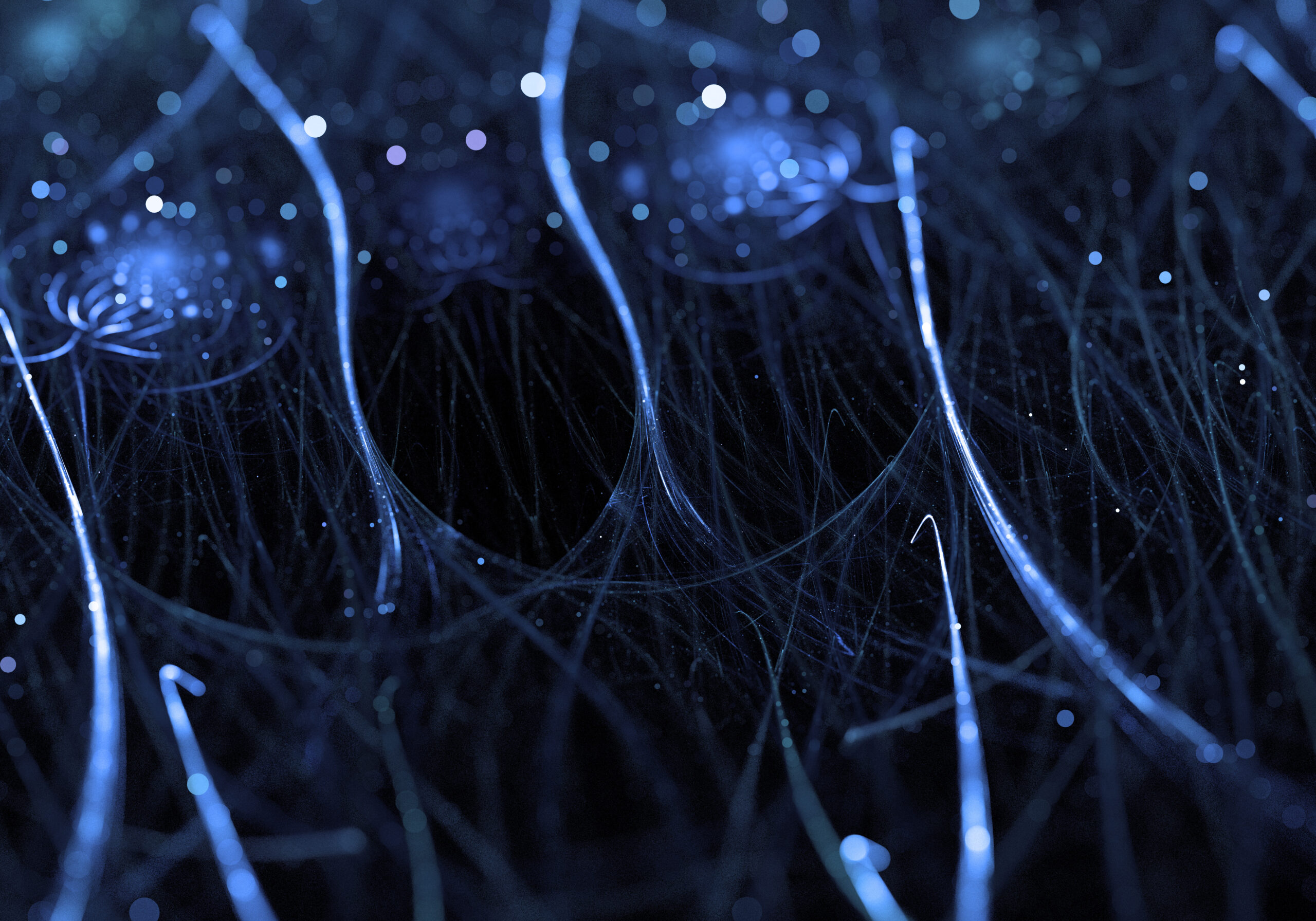If anxiety has been weighing you down and you suspect low testosterone might be the underlying cause, you are not alone. In California, countless men deal with anxiety symptoms tied to hormonal imbalances, with low testosterone being a frequent culprit. The encouraging news is that addressing the imbalance can help restore emotional well-being, allowing you to feel like yourself again.
The Importance of Testosterone in Mental and Physical Health
Testosterone is a key hormone that contributes to male development and overall health. While it is widely recognized for its role in building muscle and driving libido, testosterone also plays a pivotal part in mental health. Its impact extends to mood regulation and anxiety levels. When testosterone dips below the optimal range, it can trigger a spectrum of psychological challenges, including heightened anxiety.
How Low Testosterone and Anxiety Are Connected
The relationship between low testosterone and anxiety is intricate. The hormone significantly influences brain function and emotional regulation in the following ways:
-
Effect on Brain Chemistry: Testosterone supports the regulation of neurotransmitters, such as serotonin, the “feel-good” hormone that stabilizes mood. When testosterone levels are inadequate, serotonin activity may decrease, leading to symptoms like anxiety, irritability, and even depression.
-
Interaction with the Stress Response: Testosterone plays a role in managing the body’s reaction to stress by interacting with the hypothalamic-pituitary-adrenal (HPA) axis. A deficit in testosterone can lead to an overactive stress response, amplifying feelings of anxiety.
-
Neuroprotective Functions: Testosterone offers neuroprotective benefits, safeguarding brain health and cognitive function. A lack of adequate testosterone might reduce these protective effects, making the brain more susceptible to stress and anxiety.
Symptoms Associated with Anxiety and Low Testosterone
Men with low testosterone in California often encounter psychological and physical symptoms that affect their daily lives. Psychological symptoms may include:
- Persistent worry or unease
- Difficulty focusing and making decisions
- Mood swings and irritability
- Restlessness and trouble relaxing
- Sleep disturbances, such as insomnia
Physical symptoms linked to anxiety from low testosterone include:
- Rapid heart rate and palpitations
- Trembling and sweating
- Muscle tension and discomfort
- Digestive issues, including nausea
- Fatigue and lack of energy
These physical symptoms can exacerbate the emotional toll of anxiety, creating a challenging cycle to break without intervention.
Risk Factors for Low Testosterone-Related Anxiety
Certain factors increase the likelihood of experiencing anxiety due to low testosterone levels:
- Age: Testosterone production naturally declines after the age of 30. Men in their 40s and 50s are at higher risk of encountering symptoms tied to this hormonal shift.
- Underlying Conditions: Conditions like hypogonadism or other hormonal imbalances involving the thyroid or adrenal glands can elevate the risk.
- Chronic Health Issues: Obesity, diabetes, cardiovascular disease, and metabolic syndrome are associated with lower testosterone levels and heightened anxiety risk.
- Lifestyle Factors: Sedentary behavior, insufficient sleep, poor dietary habits, excessive alcohol consumption, and smoking can negatively affect testosterone levels and increase vulnerability to anxiety.
Identifying the Connection Between Low Testosterone and Anxiety
Diagnosing anxiety linked to low testosterone involves several steps, beginning with a comprehensive review of symptoms. Physical signs such as reduced muscle mass, increased body fat, or changes in hair growth patterns may indicate low testosterone levels. Blood tests are crucial in determining hormone levels accurately, as testosterone levels fluctuate throughout the day. Additionally, screening for mental health conditions, such as generalized anxiety or depression, is essential to establish a clear connection.
Ruling out other possible causes is equally important. Conditions like thyroid disorders, adrenal gland issues, vitamin deficiencies, or even certain medications can mimic symptoms of anxiety. Thorough evaluation ensures an accurate diagnosis and lays the groundwork for an effective treatment strategy.
How to Address Anxiety Caused by Low Testosterone
Tackling anxiety linked to low testosterone often involves a combination of approaches tailored to individual needs. In California, many men focus on the following areas:
Common Questions About Low Testosterone and Anxiety
-
How common is anxiety related to low testosterone?
Anxiety is a frequently reported symptom among men with low testosterone. Research suggests that nearly 23% of men with low testosterone experience anxiety, though this varies based on individual health factors. -
Can lifestyle changes help manage symptoms?
Yes, adopting healthier habits such as regular exercise, a balanced diet, stress reduction techniques, and proper sleep hygiene can significantly support hormonal balance and alleviate anxiety symptoms. -
Are there risks to treatments addressing low testosterone?
While most approaches are considered safe, it is essential to monitor hormone levels and overall health consistently to minimize any potential risks.
Taking the Next Step
In California, men grappling with anxiety linked to low testosterone are not alone. Understanding the connection between hormonal health and mental well-being is a powerful step toward reclaiming vitality. Whether through lifestyle adjustments or further exploration of hormonal health, addressing low testosterone can pave the way for improved quality of life.



